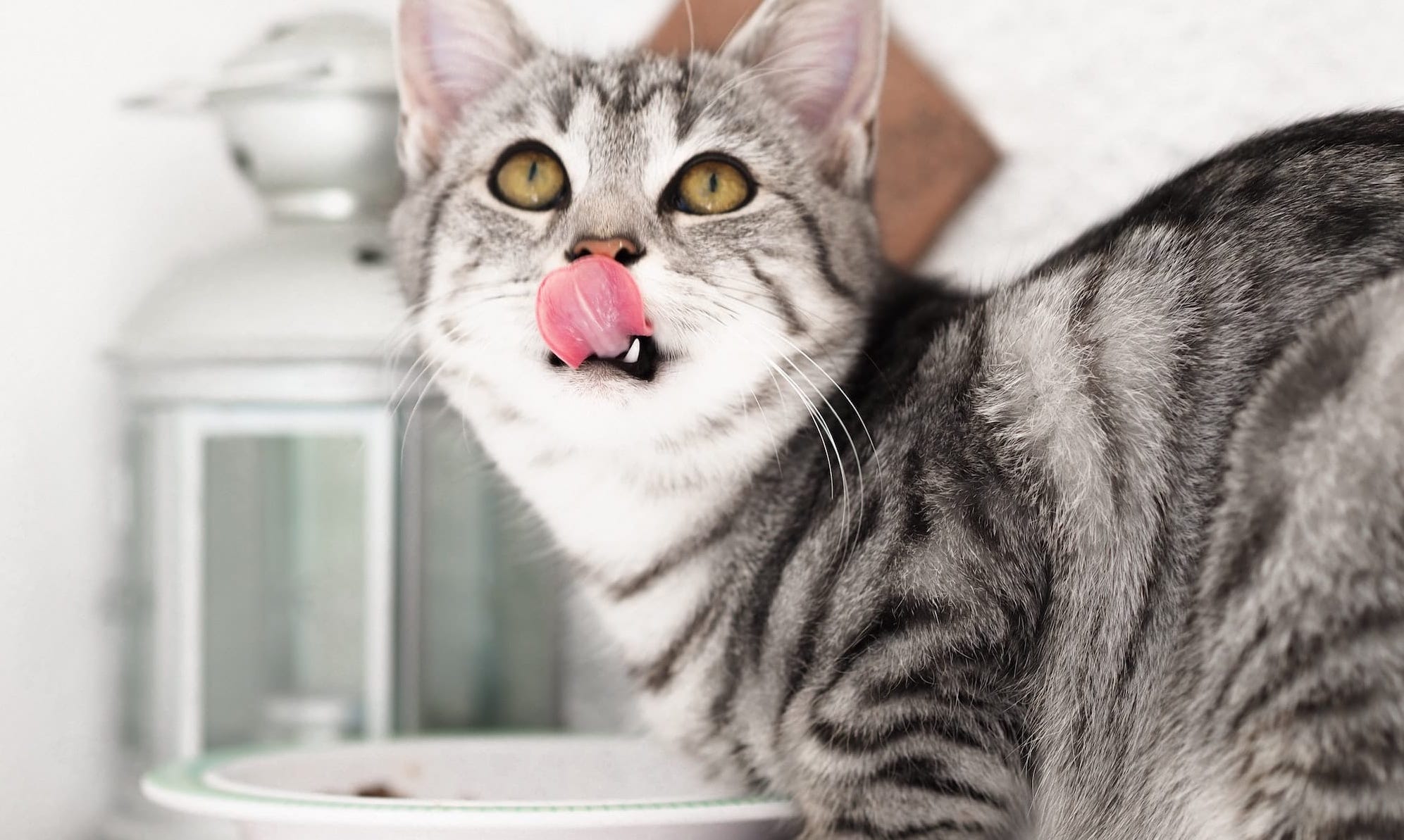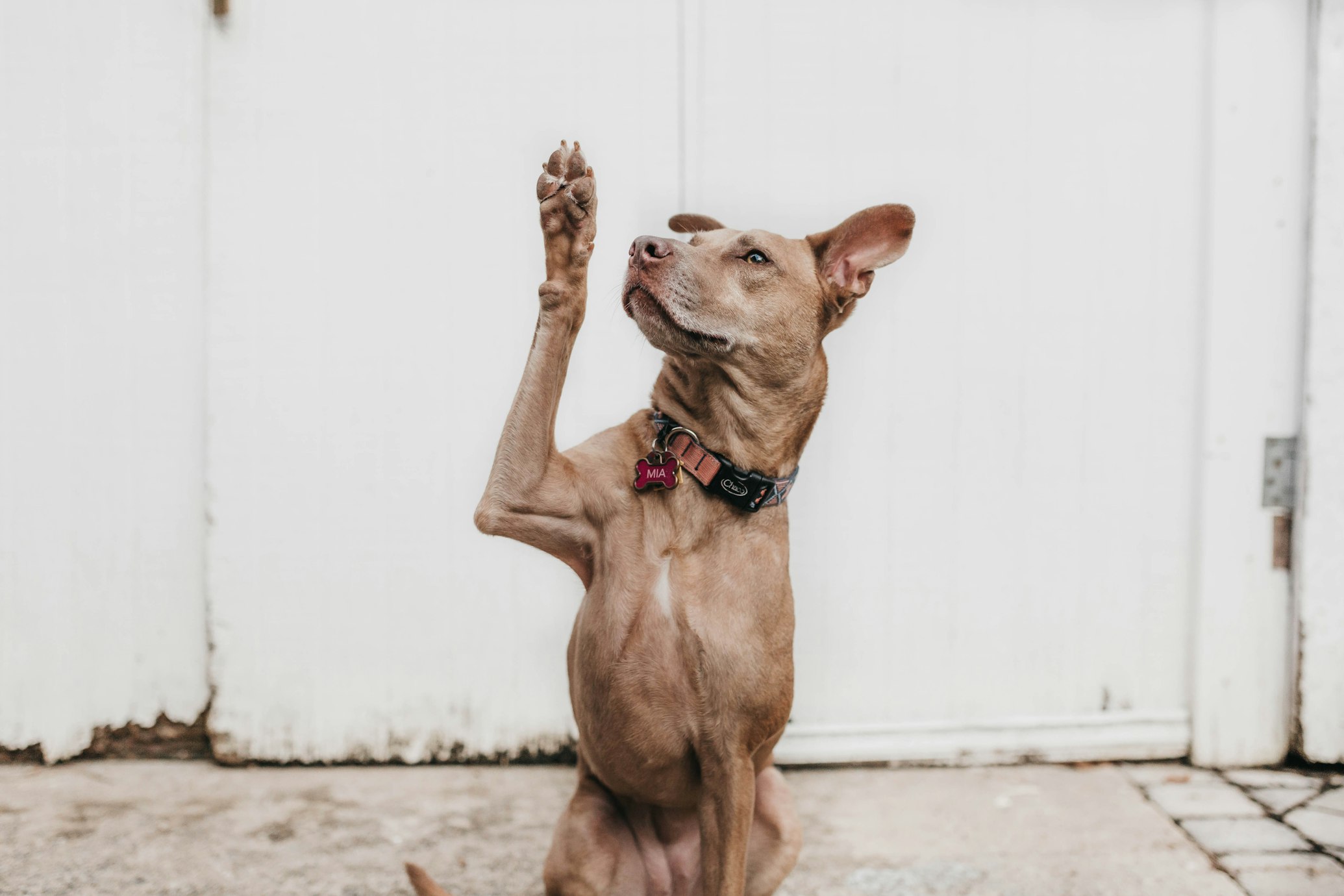
Despite the fact that many cats are overweight, some are underweight and need to gain weight. The situations in which your cat may need to gain weight are listed here, along with suggestions for how to do so.
Your cat may need to gain weight for a variety of reasons. If you notice your cat, especially an obese cat, losing weight quickly, it could be a symptom of a major health problem.
It is not common for a healthy senior cat to be underweight solely because of age. If your senior cat is losing weight despite not changing their diet or feeding volume, you should visit your veterinarian to rule out any underlying health issues. Regardless of your cat's age, cats are quite skilled at hiding health difficulties, and identifying health issues can help influence diet selection and feeding levels.
You could have opted to adopt a rescue cat, and underweight rescue cats can cause problems. Andrea Herrick, founder of PRoud Rescuers of PR, a group that rescues cats and kittens from the streets of Puerto Rico, says "The majority (if not all) of the cats are underweight for one of two reasons: malnutrition (due to a lack of proper nutrition in the streets) or illness. The majority of the time, their insufficient weight is due to a combination of factors "Herrick explains.
The body condition score is another assessment technique that veterinarians use to determine if a cat is overweight or underweight. Cats should have a body condition score of four to five out of nine, with one out of nine being extremely emaciated and nine out of nine being extremely obese, according to veterinarians. The body condition score is a measurement of body fat that can be checked at each veterinary visit.
To help your cat gain weight, your veterinarian may suggest a special diet. In general, weight-gain diets are calorie dense, which means that a lesser amount of food is required to achieve the desired calorie intake. Because fat contains more calories per gramme than protein or carbohydrate, calorie dense foods tend to be high in fat. Inquire with your veterinarian about the optimum diet for your cat's weight increase, as some medical issues necessitate a more specialised diet.
In some cases, a temporary or long-term feeding tube may be called for to help the cat gain weight. This type of feeding can also be used to help reduce a pet owner's stress about whether or not their cat will eat and can also be used to administer some medications.
Individual difference between cats is possible, which is why it's vital to evaluate the cat's diet history to determine how many calories the cat is consistently eating and an accurate estimate of the cat's ideal weight. If the cat looks to be eating the recommended amount of calories for its ideal weight but is still underweight, we will boost intake in 10–20 percent increments, depending on the amount of weight the cat needs to gain. We may even propose free choice feeding in some circumstances, but it's critical to keep track of how much the cat consumes. It is very easy to assume your underweight cat is eating a lot more food than it actually is in this situation.
Once you and your vet determine how much food your cat needs, determining how often you feed your cat is the next step. Instead of feeding once or twice a day, feed your feline small meals several times a day and provide them with a clean source of fresh water to drink throughout the day.
Good news — we've got answers. If you don't see what you're looking for send us a message.
Get in touch
Claim your FREE 20% off coupon. You can use to get 20% off your next purchase.
Simply enter your email address below and we'll send it straight to your inbox.
